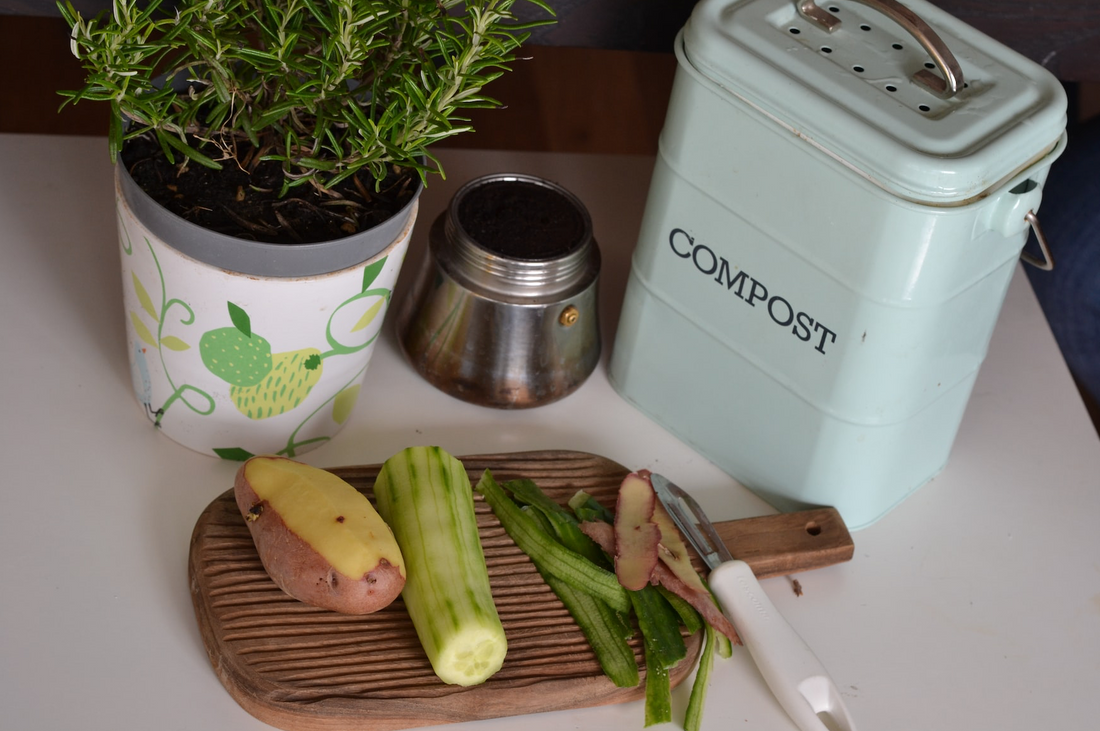Are you tired of throwing away all your food scraps, garden waste, and other organic materials? Do you want to reduce your waste and help the environment? Well, look no further because home composting is the answer!
Home composting is the process of turning your kitchen and garden waste into a rich and fertile soil supplement. Not only does it reduce the amount of waste you send to landfills, but it also helps to conserve resources, reduce greenhouse gas emissions, and save you money on fertilisers and soil amendments.
What about my brown bin that is lovingly collected by the Council? I hear you say.
I had a lovely chat with a lady from Newry, Mourne and Down Council who informed me that the contents of our brown bin goes to a company called Natural World Products to be made into compost. Much of the information below still applies when using your brown bin. However, make sure you check your Council's advice for what you should and shouldn't put in.
But why is home composting so good for the environment?
Well, here are a few reasons...
Free compost
I have nothing else to say. Free is one of my favourite words in the English language. That, and bottomless-brunch.
Reduces landfill waste
When organic materials are placed in a landfill, they are unable to decompose properly because they are not exposed to air or water. This results in the production of methane, a potent greenhouse gas that contributes to global warming. By composting at home, you can reduce the amount of organic material sent to landfills, which means less methane produced.
Conserves resources
Composting at home allows you to recycle your organic waste, conserving resources that would otherwise be lost. For example, food waste that ends up in a landfill uses energy and resources to transport and dispose of, whereas composting at home uses no energy and conserves resources by using waste as a resource.
Improves soil health
Compost is a natural and rich soil amendment that can improve the health of your garden and lawn. It helps to add nutrients, improve soil structure, and promote healthy plant growth. And who doesn't want a lush and vibrant garden?
So, what can you compost at home?
Here's a list of what to compost and what not to compost...
What to home compost:
- Fruit and vegetable scraps
- Garden waste (leaves, grass clippings, twigs, etc.)
- Coffee grounds and filters
- Used paper napkins and kitchen roll
- Ash from wood fires
- Hair and fur
- Eggshells
- Tea bags
What NOT to home compost:
- Meat and dairy products
- Fats, oils, and grease
- Pet waste
- Weeds that have gone to seed
- The roots of dandelion, nettle and buttercup
- Diseased or insect-ridden plants
- Coal or charcoal ash
Home composting is a simple and effective way to reduce waste, conserve resources, and improve the health of our planet. So grab your pitchfork and start composting today!

